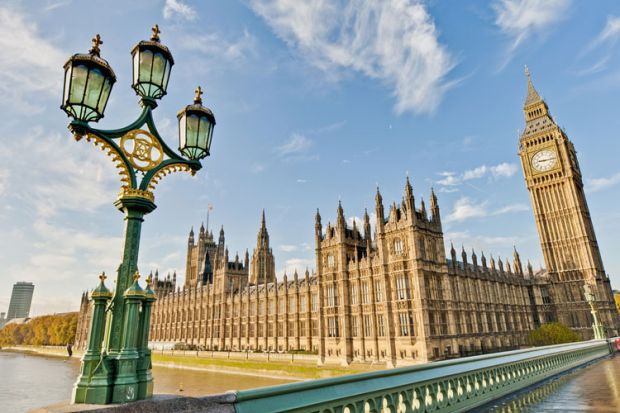The figures, from the Sutton Trust, also show 28 per cent went to another Russell Group university.
Today’s figures follow the Trust’s February 2015 research, Parliamentary Privilege – the Candidates, which analysed the educational backgrounds of prospective parliamentary candidates.
The new research brief, Parliamentary Privilege – the MPs, also shows that around half (48 per cent) of Conservative MPs were privately educated, compared with 14 per cent of Liberal Democrats, 5 per cent of SNP MPs for whom the Trust has data and 17 per cent of Labour MPs.
Overall, almost a third of MPs in the new Commons are privately educated. This means that the new House is only a little more representative than that elected in 2010, when 35 per cent of MPs had been to a fee-paying school.
Lee Elliot Major, chief executive of the Sutton Trust, said: “The make-up of the House of Commons may have changed a lot this week but the members of the new House show little change from those who preceded them in one significant respect: where they went to school and university.
“If Parliament is truly to represent the whole nation, the best people should be able to become MPs, regardless of social background.
“Today’s figures remind us how important it is that we do more to increase levels of social mobility and make sure that bright young people from low and middle income backgrounds have access to the best schools and the best universities.”
Register to continue
Why register?
- Registration is free and only takes a moment
- Once registered, you can read 3 articles a month
- Sign up for our newsletter
Subscribe
Or subscribe for unlimited access to:
- Unlimited access to news, views, insights & reviews
- Digital editions
- Digital access to THE’s university and college rankings analysis
Already registered or a current subscriber? Login




